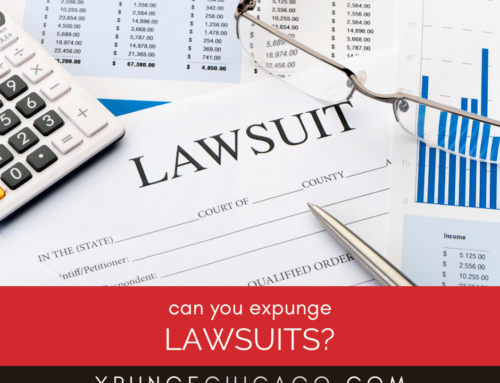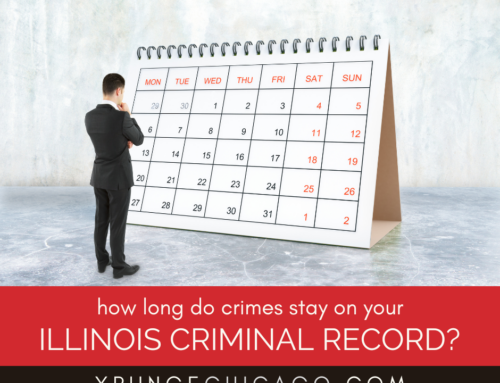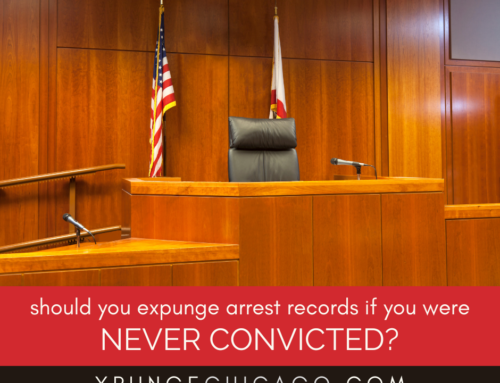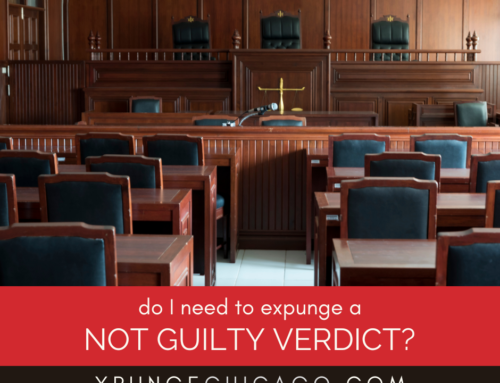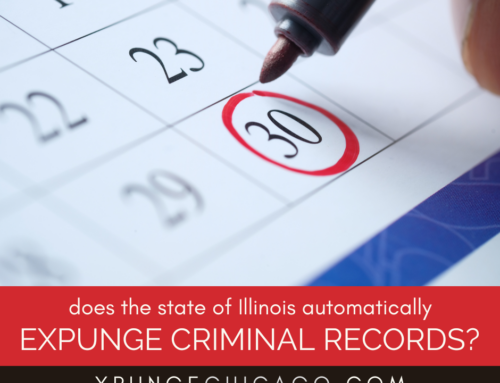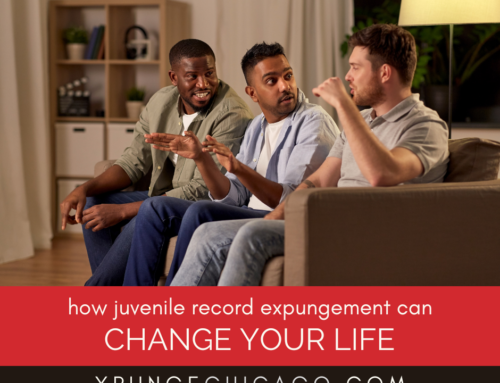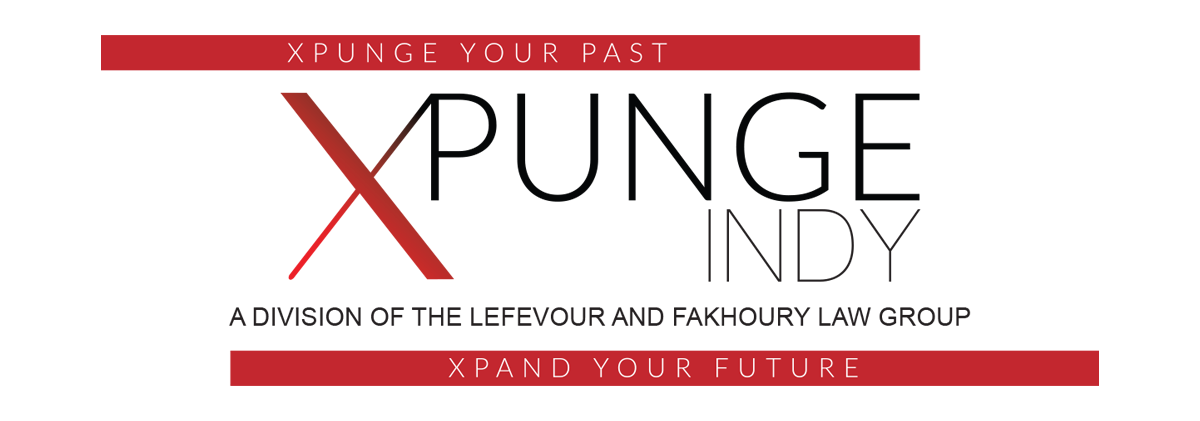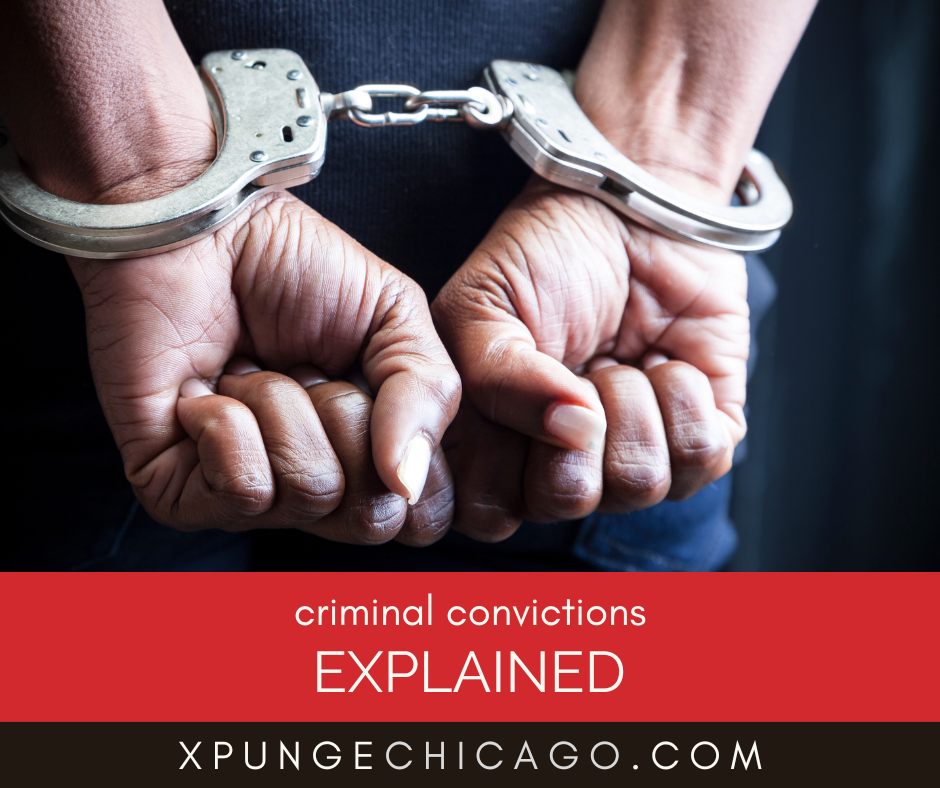
Understanding what counts as a criminal conviction is essential if you want to clear your record. Knowing your options for expungement or sealing can help you move forward without past mistakes holding you back.
Criminal Convictions, Explained
A criminal conviction results from a guilty verdict or a guilty plea. This guide explains the following:
- What counts as a criminal conviction
- The impact of a criminal conviction
- The benefits of expunging or sealing a conviction
- The process of expunging or sealing a conviction
- How a lawyer can help
Here’s a closer look at each.
What Counts as a Criminal Conviction
A criminal conviction happens when a court finds you guilty of a crime, either through a guilty verdict at trial or a guilty plea. This conviction goes on your criminal record. Even if you plead guilty to a lesser charge as part of a plea deal, it still counts as a conviction. Both misdemeanors and felonies result in criminal convictions, which can impact various aspects of your life.
Related: Illinois expungement
The Impact of a Criminal Conviction
Having a criminal conviction on your record can affect your life in many ways. Employers, landlords, and lenders often conduct background checks, and a conviction can limit your opportunities. It can make it tough to find a job, secure housing, or get loans. Additionally, a criminal conviction can affect your ability to get professional licenses or certifications. Understanding the impact of a conviction is the first step in addressing it.
The Benefits of Expunging or Sealing a Conviction
Expunging or sealing a conviction can provide significant benefits. Expungement involves legally destroying your criminal record, while sealing hides it from most people but doesn’t destroy it. By clearing or hiding your conviction, you can improve your chances of getting a job, securing housing, and getting loans. Expungement or sealing can also help you move forward without the stigma of a criminal record, allowing you to pursue your goals more freely and confidently.
Related: The benefits of having a clean criminal record in Illinois
The Process of Expunging or Sealing a Conviction
The process of expunging or sealing a conviction in Illinois involves filing a petition with the court. This petition must include details about your conviction and why the record should be expunged or sealed. After filing the petition, the court will schedule a hearing where a judge will review your case. The judge will consider factors such as the nature of the offense and your behavior since the incident. Although the process can be complex, a lawyer can help you navigate each step, ensuring that all paperwork is correctly filed and representing you in court.
How a Lawyer Can Help
Navigating the legal process of expunging or sealing a conviction can be challenging, especially if you’re not familiar with the legal system. A lawyer can be a valuable resource throughout the process. They can help you understand your eligibility, gather necessary documents, and file the petition correctly. During the hearing, a lawyer can present your case effectively, increasing your chances of a favorable outcome. Hiring a lawyer ensures that you have professional support and guidance, making the expungement or sealing process smoother and more manageable.
FAQ About Criminal Convictions and Expungement in Illinois
Check out these commonly asked questions about criminal convictions and expungement in Illinois. If you don’t see your question here, please call our office and we’ll find you the answers you need.
What Is a Criminal Conviction?
A criminal conviction happens when a court finds you guilty of a crime, either through a guilty verdict at trial or a guilty plea.
Can You Expunge a Criminal Conviction?
You can expunge certain convictions, such as arrests, dropped charges, findings of not guilty, and vacated convictions. Consult a lawyer to understand if your conviction qualifies.
Related: What to wear to an expungement hearing
Can You Seal a Criminal Conviction?
Yes, you can seal many convictions, but sealed records are still visible to some entities. Expungement completely removes the record.
How Long Does the Expungement Process Take?
The process can take several months, depending on the court’s schedule and the specifics of your case. A lawyer can give you a more accurate timeline.
What Are the Costs Involved in Expungement or Sealing?
There are filing fees and possibly attorney fees involved in the expungement or sealing process. However, the benefits of clearing your record often outweigh the costs.
Understanding what counts as a criminal conviction and knowing your options for expungement or sealing can help you clear your record and move forward with confidence. Contact a lawyer to guide you through the expungement or sealing process and help you get a fresh start.
Do You Need to Talk to an Attorney About Expungement or Sealing?
If you’re tired of your criminal past coming back to bite you, we may be able to help. Call us right now at 847-920-4540 or fill out the form below so we can talk about your case.
Oops! We could not locate your form.

